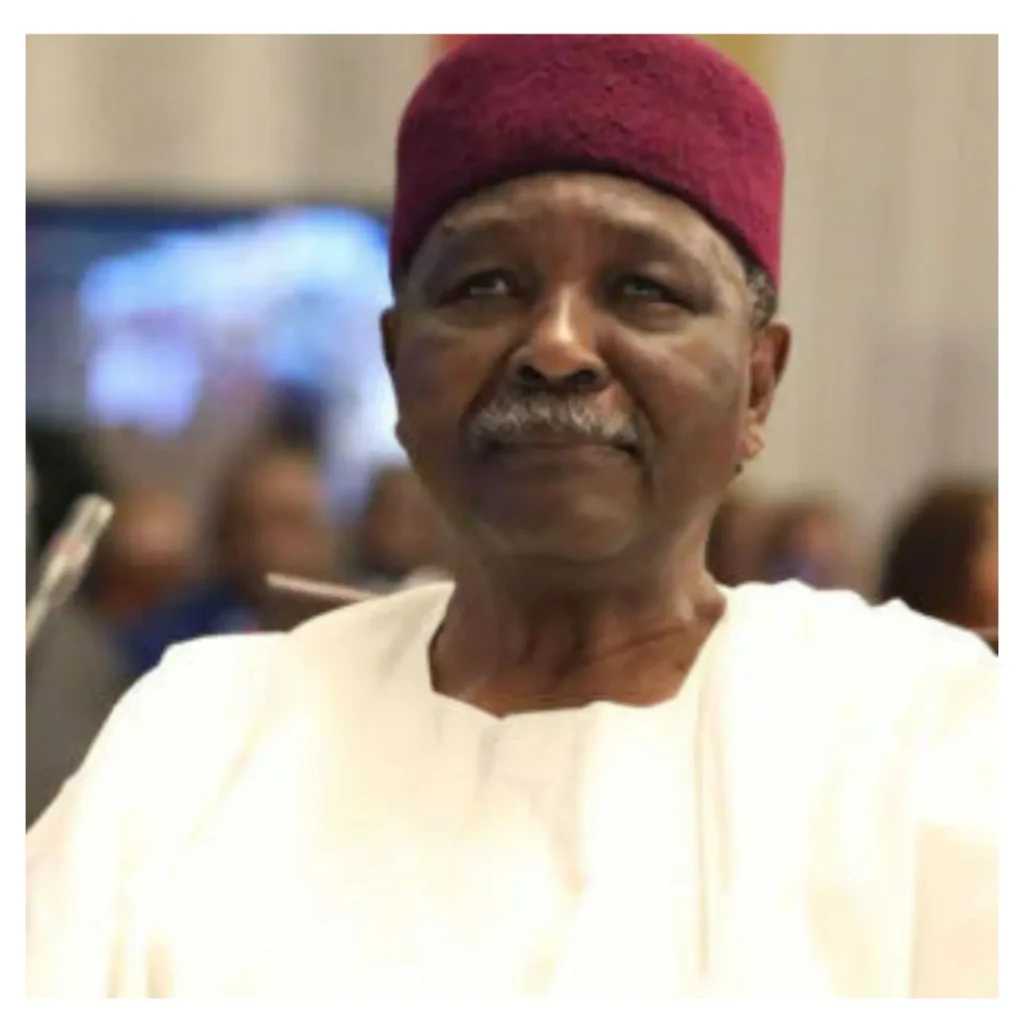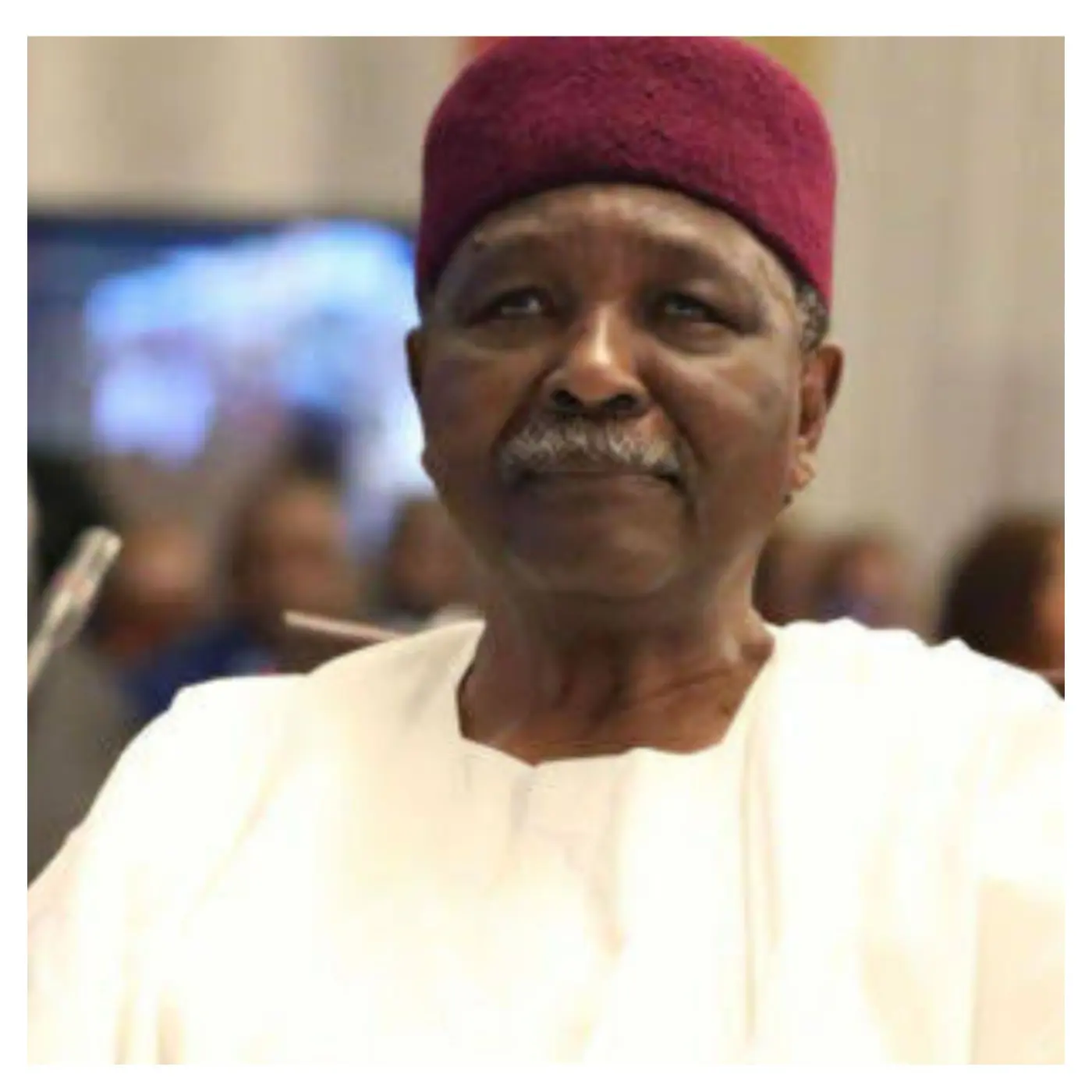
Abuja — Nigeria’s former Head of State, General Yakubu Gowon (Rtd), has urged the nation to consign military governance to history, asserting that despite its imperfections, democracy remains Nigeria’s best hope for progress and stability.
Gowon made the remarks in Abuja during the unveiling of a new book, “Military Factor in Nigerian History, 1960–2018”, launched by the Historical Society of Nigeria (HSN) to mark its 70th anniversary.
“The era of military governance is and must remain behind us,” Gowon stated. “Democracy, despite its imperfections, provides the best framework for national development and popular participation.”
The former leader, who chaired the book presentation, described the military’s role in Nigeria’s history as a “complex narrative”—neither entirely heroic nor villainous, but undeniably influential. Reflecting on Nigeria’s turbulent journey, he said the military at times helped preserve unity, citing the Nigerian Civil War, infrastructure development, state creation, and contributions to regional peacekeeping efforts.
However, he also acknowledged the darker aspects of military intervention in governance.
“Military rule stifled democratic development, sometimes violated civil liberties, and created structures that enabled corruption,” Gowon admitted. “The interruptions of democratic rule in 1966, 1983, and the annulment of the June 12, 1993 elections were dark chapters in our history. We must confront them honestly.”
Gowon called on the armed forces to maintain their constitutionally defined role as protectors of Nigeria’s territorial integrity, not political actors.
“The military should not stand apart from the people but should be seen as an essential component of the national fabric, working in tandem with civilian authorities,” he said.
He emphasized the importance of modernizing Nigeria’s defence systems, urging an intelligence-driven approach to today’s security challenges while also promoting civilian-military integration.
Recalling the Nigerian Civil War, Gowon described it as the most painful episode in the country’s history but one that ultimately reaffirmed national unity.
By acknowledging past missteps and learning from them, he concluded, Nigeria can chart a path toward a stronger, more democratic future.

Comments